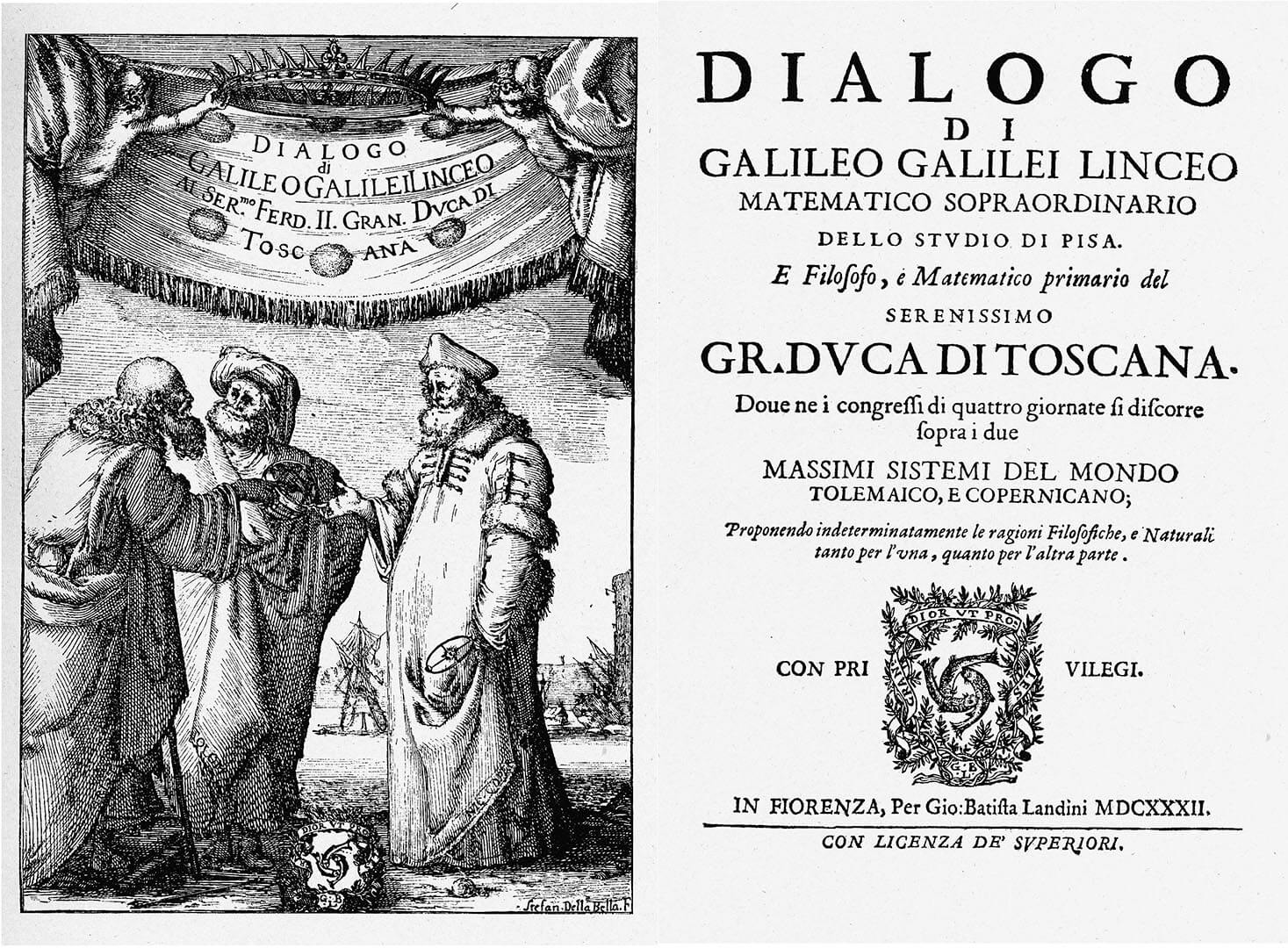Renaissance Dialogo Democracy
My introductory text (several paragraphs) to explain this concept e.g. Renaissance ethos of life, work, relationships, community as wholly alive, intimate, sacred, sensual, meaningful, beautiful and loving as possible, and mutually-enriching and shared for the common flourishing of all members, extraordinary individuals and peers among equals regardless of status, circumstance, condition or capacity. Chomsky’s democratic vision of self-creating societies and central idea of capacity for moral and common sense, high and low creativity in every human being. Burke’s literary trope of synecdoche of part and whole and head and body; analogy of this with a twofold body public of two synecdoches, a hierarchical and egalitarian society, side by side and interdependent but also separate, whole and independent, as in a dialogo relationship which is mutually-determining where each society is engaged in principle of charity of interrogating, challenging, improving, enriching, supporting, fulfilling and surpassing one another for the flourishing of each separately and both together as the whole common interwoven society.
I will also have key quotations and cites as below.

Digital infinity is a technical term in theoretical linguistics. Alternative formulations are “discrete infinity” and “the infinite use of finite means”. The idea is that all human languages follow a simple logical principle, according to which a limited set of digits—irreducible atomic sound elements—are combined to produce an infinite range of potentially meaningful expressions.
‘Language is, at its core, a system that is both digital and infinite. To my knowledge, there is no other biological system with these properties….’
— Noam Chomsky[1]
It remains for us to examine the spiritual element of speech … this marvelous invention of composing from twenty-five or thirty sounds an infinite variety of words, which, although not having any resemblance in themselves to that which passes through our minds, nevertheless do not fail to reveal to others all of the secrets of the mind, and to make intelligible to others who cannot penetrate into the mind all that we conceive and all of the diverse movements of our souls.
— Antoine Arnauld and Claude Lancelot[2]
Noam Chomsky cites Galileo as perhaps the first to recognise the significance of digital infinity. This principle, notes Chomsky, is “the core property of human language, and one of its most distinctive properties: the use of finite means to express an unlimited array of thoughts”. In his Dialogo, Galileo describes with wonder the discovery of a means to communicate one’s “most secret thoughts to any other person … with no greater difficulty than the various collocations of twenty-four little characters upon a paper.” “This is the greatest of all human inventions,” Galileo continues, noting it to be “comparable to the creations of a Michelangelo.”